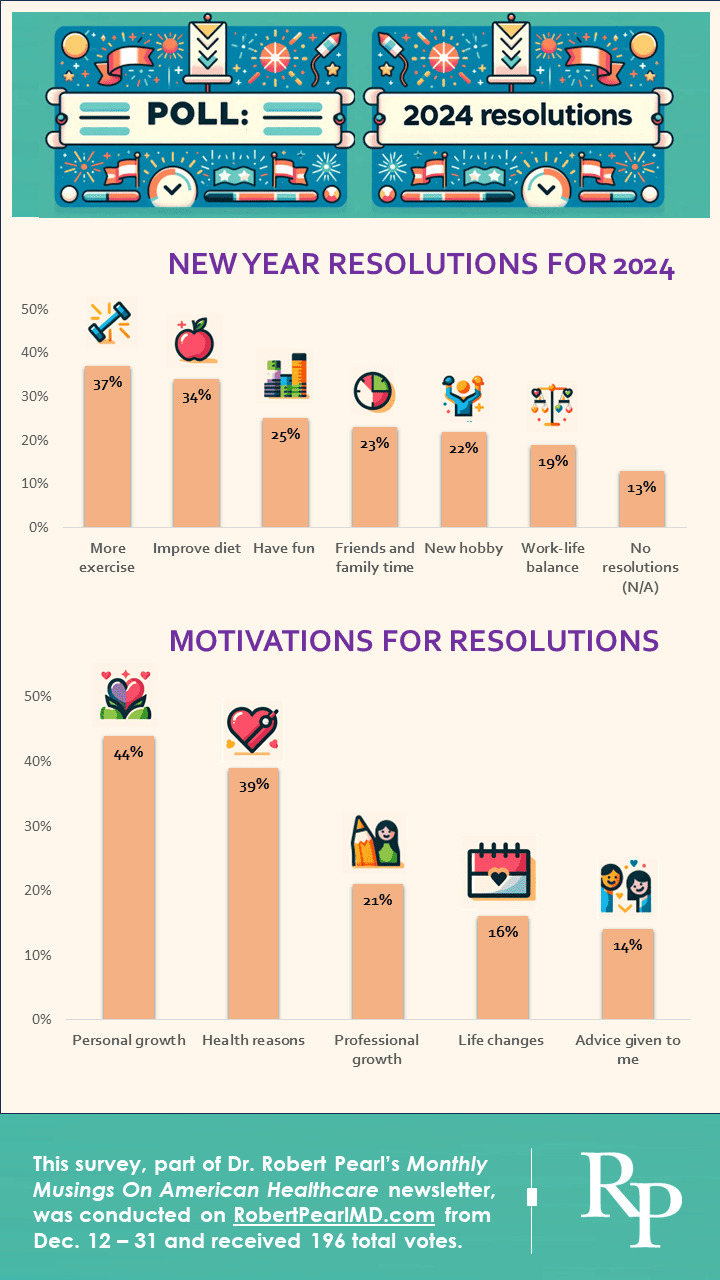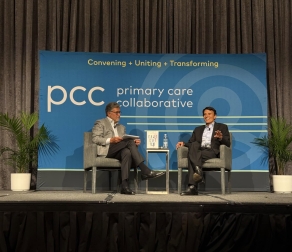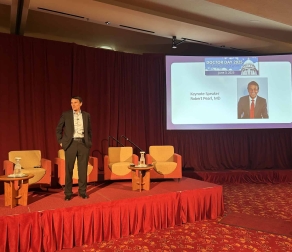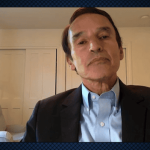My thoughts: Although readers could pick as many resolutions as they wanted, most people chose only one. As a result, although nearly 90% of individuals had their own resolution, none attracted more than about a third of respondents. Possibly that reflects the research showing how rarely people stick to New Year’s resolutions for more than a very short amount of time, if at all. Alternatively, it may reflect the reality that time has become the scarcest commodity in our lives. It’s more time efficient to rely on DoorDash for dinner than to cook. It’s hard to put on running shoes when the next deadline looms. But one thing is clear, if Americans can’t invest more time in their health, the epidemic of chronic disease will magnify and medical problems (along with costs) with exacerbate.
The data show that readers are aware of the potential for these life-style solutions to produce personal growth and improved health. I’m optimistic that as generative AI tools like ChatGPT become more powerful, they will lend a helping hand by shrinking the time needed to prepare and shop for a meal and scheduling exercise time into people’s busy calendars.
There’s a concept in psychology that one way to increase the likelihood of people doing something slightly painful is to link it to something desirable. As the adage goes, a teaspoon of sugar helps the medicine go down. Maybe if you resolve that in the morning or after work, you won’t open social media or turn on your favorite Netflix show until you have gone for a walk or prepped the dinner the approach prove success. Why not give it a try?
Thanks to everyone who votied! To participate in future surveys, and for access to timely news and opinion on American healthcare, sign up for my free (and ad-free) newsletter Monthly Musings on American Healthcare.
* * *
Dr. Robert Pearl is the former CEO of The Permanente Medical Group, the nation’s largest physician group. He’s a Forbes contributor, bestselling author, Stanford University professor, and host of two healthcare podcasts. Pearl’s newest book, “Uncaring: How the Culture of Medicine Kills Doctors & Patients,” is available now. All profits from the book go to Doctors Without Borders.









